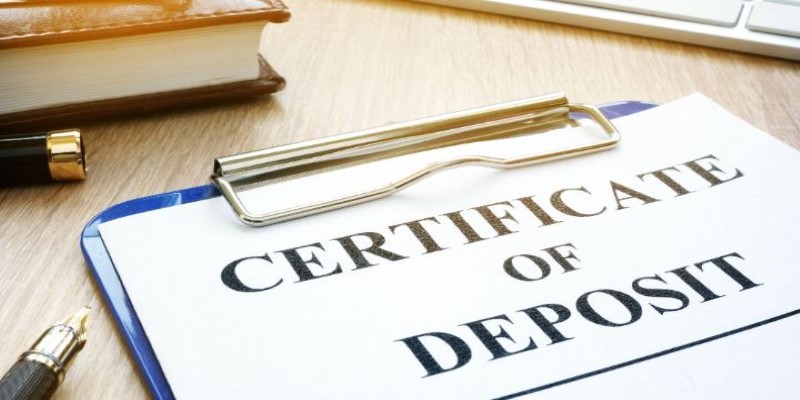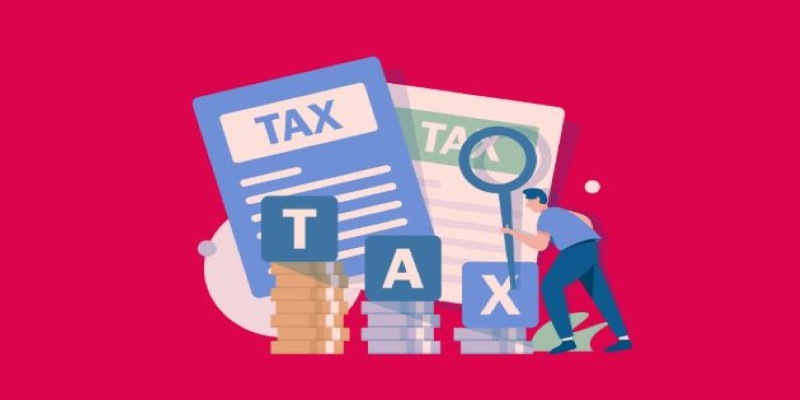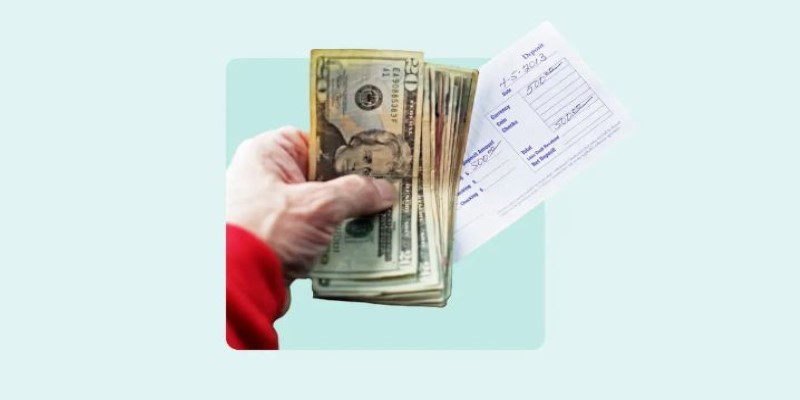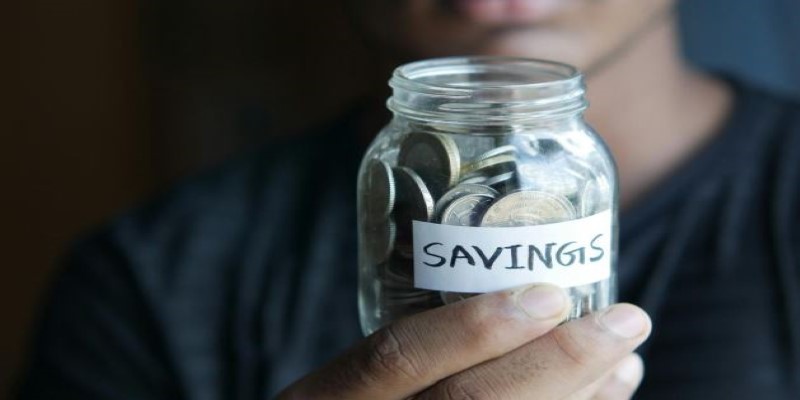Advertisement
Many people keep their extra money in a traditional savings account because it feels safe and familiar. But with interest rates still low at many banks, parking money there can feel like it's barely growing. Even after a year, the amount earned on thousands of dollars can seem trivial. For anyone looking to make better use of their savings without taking on too much risk, there are better options worth exploring. These alternatives allow you to earn more on your money while keeping it fairly accessible. Here’s a closer look at what you can consider instead.
A high-yield savings account is a straightforward upgrade from a standard savings account. These accounts, often offered by online banks, pay much higher interest rates because they operate with lower overhead costs. They are still insured by the FDIC up to the same limits, so your money remains protected. Many online banks pay rates several times higher than what you’d find at a brick-and-mortar bank. The main trade-off is that you usually won’t have face-to-face customer service or immediate cash access like you would with a local branch. For money you don’t need on a daily basis but want to keep safe and liquid, this is a solid choice.

Certificates of deposit let you lock in a fixed rate for a set term, which can range anywhere from a few months to several years. The rates on CDs tend to be higher than those on regular savings or even high-yield savings accounts, especially if you choose a longer term. The catch is that your money is tied up for the entire term, and withdrawing it early usually results in a penalty. Many people use a strategy called CD laddering, where they split their money among several CDs with staggered maturity dates, allowing a portion of their savings to become available periodically. This gives you better returns without giving up all your flexibility.
Money market accounts combine some of the features of a savings account and a checking account. They usually pay more interest than a standard savings account and sometimes more than a high-yield savings account, depending on the bank. Unlike CDs, your money isn’t locked up. Many money market accounts even come with check-writing privileges or a debit card, making it easier to use the funds when needed. Be aware that there are usually minimum balance requirements and limits on how many withdrawals you can make per month.
For a very safe alternative, U.S. Treasury securities such as Treasury bills (T-bills) can be a good fit. T-bills are short-term government-backed investments that you can buy through the TreasuryDirect website. They come with terms as short as four weeks and pay more than many savings accounts. Since they’re backed by the federal government, they carry virtually no default risk. The downside is that you’ll need to plan around the maturity dates if you want to keep your cash available. Longer-term Treasury notes and bonds are also available, but those lock up your money for longer.
Series I savings bonds are another government-backed option, designed to help protect against inflation. They pay a fixed interest rate plus an inflation-adjusted rate that changes twice a year. This makes them appealing during times when inflation is high. You can buy up to a certain amount each year per person. They must be held for at least one year, and cashing them in before five years means forfeiting the last three months of interest. These are best suited for money you can leave alone for at least a year.
Short-Term Bond Funds

If you’re comfortable taking on a little more risk for the potential of better returns, a short-term bond fund may suit you. These funds invest in a mix of bonds that mature in the near term, which keeps the risk lower than with longer-term bonds. Unlike the options above, they’re not insured, and their value can fluctuate. Still, for those with a slightly longer time horizon who don’t need complete safety, they can offer better returns than low-rate savings accounts. They’re accessible through most investment accounts and can be sold when you need the cash.
Credit unions often pay higher rates than traditional banks on regular savings accounts. Since they are not-for-profit organizations owned by their members, they tend to pass earnings back in the form of better rates and lower fees. You’ll need to join a credit union, but many are open to a broad range of members through community ties, workplaces, or national associations. Even a simple savings account at a credit union can outperform a big-bank account, and they often offer competitive CDs and money market options as well.
For savers willing to take on more risk for a chance at higher returns, peer-to-peer lending platforms offer a very different alternative. On these platforms, you lend your money to individuals or small businesses, and they pay you back with interest. The rates can be much higher than anything a bank offers, but so is the risk, since borrowers may default. These platforms typically let you spread your money across many small loans to reduce the impact of a default. This option isn't recommended for emergency savings, but could be part of a broader savings and investment plan.
A low-rate savings account might feel like a safe home for your cash, but it doesn’t help your money grow much. Exploring other options can help you strike a better balance between security, accessibility, and earning potential. From high-yield savings accounts and CDs to government-backed bonds and credit union offerings, there are many ways to improve on what a standard savings account provides. Even small changes in where you keep your savings can add up over time, helping your hard-earned money work a little harder without putting it at unnecessary risk.
Advertisement

Visiting Nagano for the first time? Here’s a travel guide covering nature, food, and places to explore across the region.

Travel Acadia’s scenic routes, coastal sights, and top viewpoints on a perfect park road trip.

Looking to boost your mortgage preapproval amount? Learn practical, lender-friendly ways to increase your buying power by improving income, lowering debt, and choosing the right loan options

Enjoy a relaxing Ibiza trip away from the party scene, with beaches, nature, and local spots.

What a tax haven is, how it works, and its impact on global finance. Learn why individuals and companies use tax havens and how they shape international taxation

What a non-conforming loan is, how it works, and when it makes sense to use one. Understand key differences from traditional loans and explore options like a jumbo loan

10 expert tips to excel in a competitive housing market and secure your dream home with confidence and ease.

How to deposit cash into someone else’s account using safe and approved methods. This guide covers shared accounts, ATMs, and money order options for secure transactions

Explore the best low-rate savings account alternatives to help your money grow faster without taking big risks. Learn smarter ways to save and earn more

Prepare for your San Francisco visit with local tips, weather info, and travel insights.

Compare Amsterdam’s Rijksmuseum and Van Gogh Museum based on layout, vibe, visitor experience, and artistic focus.

How to make changes to your 401(k) contributions with this easy-to-follow guide. Understand when, why, and how to update your plan to stay aligned with your financial goals